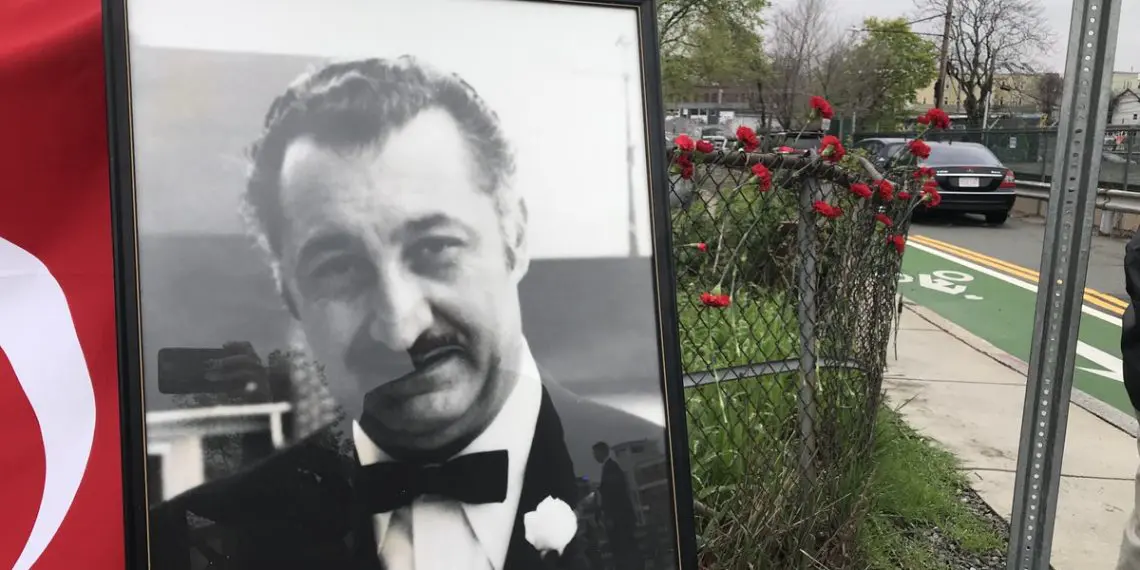
Approximately three months after the assassination of Kemal Arıkan, the Consul General of Türkiye in Los Angeles on January 28, 1982, the Honorary Consul General of Türkiye in Boston, Orhan Gündüz, was also shot. Both murders were claimed by the Justice Commandos of the Armenian Genocide (JCAG), a Dashnak terrorist organization. Armenian ultra-nationalist terrorists first bombed the office of Honorary Consul General Orhan Gündüz and then martyred him some time afterwards. The bombing took place on March 22, 1982 and the assassination on May 4, 1982.
After the bombing, Turkish Ambassador to Washington, Şükrü Elekdağ, sent a detailed telegram to Ankara on March 22, 1982:
“On the street at 678 Massachusetts Ave. No. 101, 678, a bomb was detonated today (March 22, 1982) at 19:45 local time in front of our Honorary Consul General in Boston’s office on the ground floor. Although there was extensive damage to the office, there were no casualties or injuries. Honorary Consul General Orhan Gündüz was at home at the time of the incident. The front windows of the office were broken. After the violent explosion, it became clear that the JCAG terrorist organization was responsible[1].”
In the telegram sent by Honorary Consul General Orhan Gündüz on March 23 following the incident, he wrote that on March 22, 1982, at 20:00, he received a phone call from the guard of the inn where the Turkish Consulate General was situated and that he went to the Honorary Consulate General of Boston and witnessed a powerful explosion in the office.
Approximately one and a half months after the bombing, on May 4, 1982, United Press International (UPI) telephoned the Turkish Embassy and informed that it had received news that Orhan Gündüz, our Honorary Consul General in Boston, had been murdered. Upon this phone call, Orhan Gündüz’s house was searched and when he could not be reached, the security bureau of the U.S. Department of State was asked to investigate the veracity of the news. After an investigation lasting about an hour, the US State Department reported that a person was found in a car at a station with a single gunshot wound to the head, but could not be identified and needed confirmation[2]. This person was the Honorary Consul General of Türkiye, Orhan Gündüz. According to the information received, JCAG claimed responsibility for the assassination.
According to what was known at the time, despite a request from the Federal Bureau of Investigation (FBI), Orhan Gündüz was not provided with police protection. This was not possible despite repeated requests from his friends and family who feared for his safety.
Shortly after the assassination, the Los Angeles office of UPI received a phone call:
“I’m calling on behalf of the Armenian Genocide Justice Commandos,” the caller said, “We just shot the Turkish Consul in Boston, Massachusetts. That’s our style. We will strike again,” the caller said.
After attempting several small-scale bombings in the United States, the JCAG began a campaign of violence in North America in 1982, especially targeting Turkish diplomats. Their plans involved multiple targets in the Turkish diplomatic community. What they wanted was more than recognition: “revenge.” In this context, in a statement sent to the Associated Press in 1982, the JCAG said, “We will continue our struggle until all Armenian lands are returned to their rightful owners, the Armenians.” Three months before the murder of Orhan Gündüz, on the morning of January 28, 1982, two men drove a 1977 Chevrolet Nova to the corner of Wilshire Boulevard and Comstock Street in Pasadena, California, waited for Kemal Arıkan, the Consul General of Türkiye in Los Angeles, to pass by, and murdered him. JCAG claimed responsibility for the assassination.
In FBI documents, JCAG’s murder methods are clearly revealed. Of the 21 Turkish diplomats killed by JCAG between 1975 and 1982, 14 were attacked at traffic intersections. This method was despised by the rival Marxist Armenian terrorist group, the Armenian Secret Army for the Liberation of Armenia (ASALA), which preferred explosives to armed attacks. The group called JCAG’s tactics “cowardly hit-and-run assassinations[3]”.
The FBI kept the Orhan Gündüz case under lock and key for 40 years. Requests for the release of the FBI file on Orhan Gündüz went unanswered for almost a decade, until finally, in 2021, the FBI shared nearly 4,000 pages of its files with MuckRock. MuckRock is a website founded by investigative journalists. The content of the files was published by MuckRock last year.
Among the files published are FBI memos indicating that five men allegedly linked to the terrorist group, including the possible shooter of Orhan Gündüz, were also linked to the bombing of Honorary Consul General Gündüz’s office of in late 1982.
Forty years later, some of these terrorists are still alive, living freely in the United States and receiving support from the Armenian diaspora.
Armenian terrorist organizations such as the JCAG, which claimed responsibility for the murder of Orhan Gündüz in Somerville in 1982, have continued their violent campaign for Türkiye to recognize the so-called genocide. Instead of justice, official recognition of the so-called genocide has become a unifying goal within the Armenian-American community. Although the parliaments of 31 countries, including Armenia, have officially recognized the 1915 events as “genocide”, Türkiye’s resolute stance on the issue and the fact that the United States did not officially recognize the “genocide” until last year have continued to create a lingering sense of discontent among diaspora Armenians. Today, instead of being encouraged to live in peace and tranquility, many young people of Armenian descent in the US are merely being intellectually slaughtered with hostility and tales of the so-called genocide. Our Consul General in Los Angeles, Kemal Arıkan, and our Honorary Consul General in Boston, Orhan Gündüz, were unfortunately assassinated by teenagers suffering from this psychological disorder.
We commemorate our diplomats and citizens who were murdered by Armenian ultra-nationalist terrorist organizations and we bow with respect before their cherished memories.
*Photograph: http://forumusa.com/abd/boston-fahri-konsolosu-orhan-gunduz-icin-fbidan-koruma-istenmisti/
[1] Bilâl N. Şimşir, “Şehit Diplomatlarımız – 2,” Bilgi Yayınevi: Ankara, 2000, p.496.
[2] Op. cit. p. 496.
[3] “The KAPIKILL Files, chapter 1: FBI files reveal the inside story of the 1982 assassination of a Turkish diplomat outside Boston and the hunt to find his killers,” MuckRock, muckrock.com, 16 May 2022, https://www.muckrock.com/news/archives/2022/may/16/kapikill-files-fbi-turkey-diplomat-murder-1/.
© 2009-2025 Center for Eurasian Studies (AVİM) All Rights Reserved
No comments yet.
-
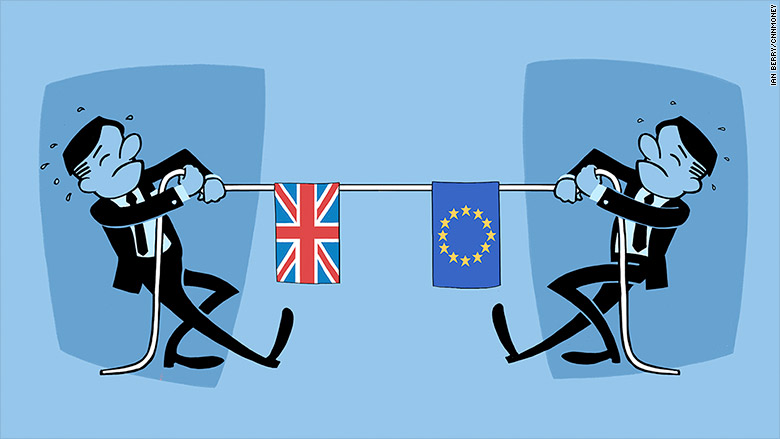 BREXIT PROCEEDS BUT UNITED KINGDOM IS HESITANT ABOUT BREXIT
BREXIT PROCEEDS BUT UNITED KINGDOM IS HESITANT ABOUT BREXIT
Hazel ÇAĞAN ELBİR 02.03.2018 -
 RELIGION IS MEDDLING WITH STATE AFFAIRS IN ARMENIA
RELIGION IS MEDDLING WITH STATE AFFAIRS IN ARMENIA
Hazel ÇAĞAN ELBİR 17.06.2024 -
 EXTREMIST KURDISH – ARMENIAN COOPERATION IN HISTORY
EXTREMIST KURDISH – ARMENIAN COOPERATION IN HISTORY
Hazel ÇAĞAN ELBİR 28.02.2017 -
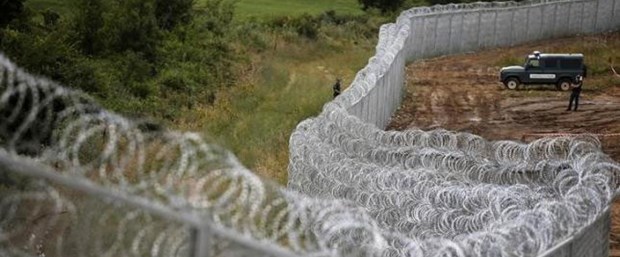 THE EU CONTRADICTS ITSELF BY CRITICISING TRUMP FOR BUILDING THE WALL ALONG THE US-MEXICO BORDER
THE EU CONTRADICTS ITSELF BY CRITICISING TRUMP FOR BUILDING THE WALL ALONG THE US-MEXICO BORDER
Hazel ÇAĞAN ELBİR 21.02.2017 -
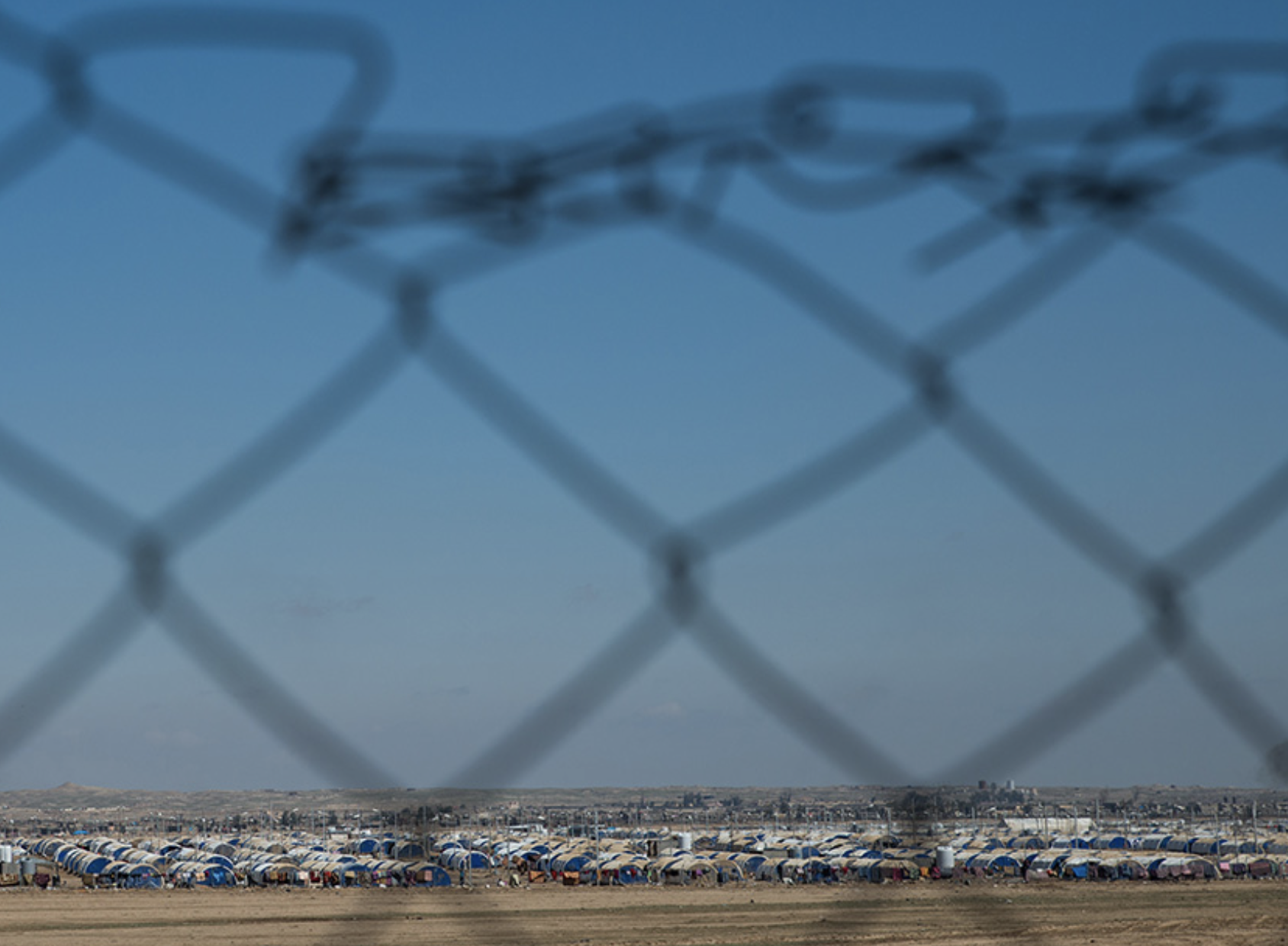 THE EU DISCARDS THE IRREGULAR MIGRATION ISSUE IN THE MEDITERRANEAN - 2
THE EU DISCARDS THE IRREGULAR MIGRATION ISSUE IN THE MEDITERRANEAN - 2
Hazel ÇAĞAN ELBİR 08.08.2023
-
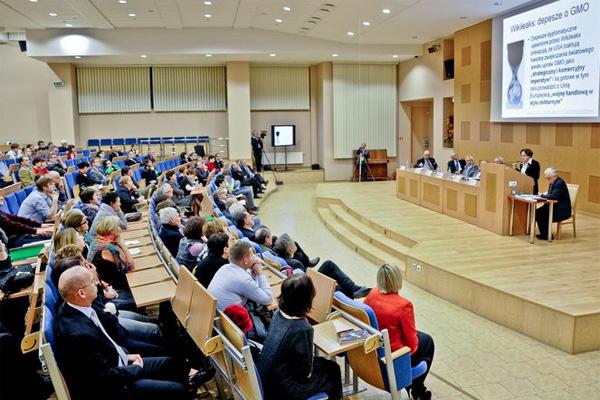 GERMANY AND GENOCIDE: A MATTER OF DIPLOMATIC LEVERAGE
GERMANY AND GENOCIDE: A MATTER OF DIPLOMATIC LEVERAGE
AVİM 08.09.2017 -
THE SANDCASTLE GIRLS – BOOK REVIEW
Hazel ÇAĞAN ELBİR 20.12.2012 -
 THERE ARE JUDGES IN STRASBOURG
THERE ARE JUDGES IN STRASBOURG
Alev KILIÇ 15.10.2015 -
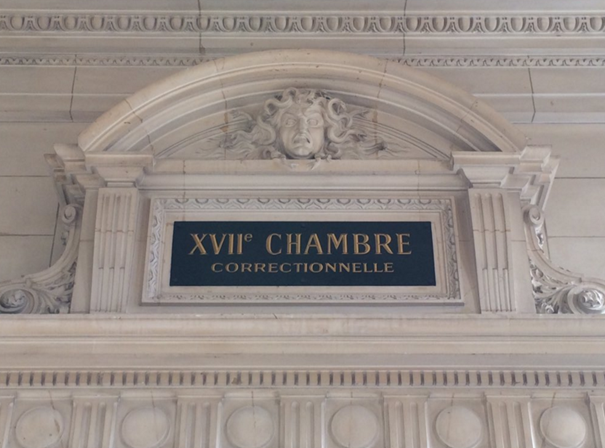 THE GAUIN V. TORANIAN AND TILBIAN TRIAL IN PARIS
THE GAUIN V. TORANIAN AND TILBIAN TRIAL IN PARIS
AVİM 01.11.2017 -
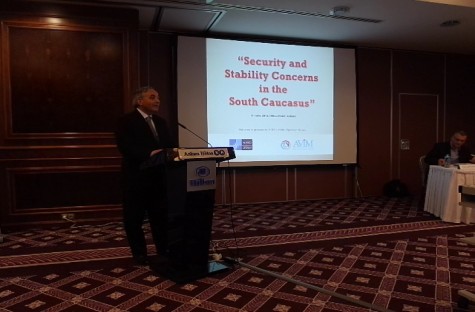 AVIM’S CONFERENCE ENTITLED SECURITY AND STABILITY CONCERNS IN SOUTH CAUCASUS
AVIM’S CONFERENCE ENTITLED SECURITY AND STABILITY CONCERNS IN SOUTH CAUCASUS
AVİM 17.06.2015
-
25.01.2016
THE ARMENIAN QUESTION - BASIC KNOWLEDGE AND DOCUMENTATION -
12.06.2024
THE TRUTH WILL OUT -
27.03.2023
RADİKAL ERMENİ UNSURLARCA GERÇEKLEŞTİRİLEN MEZALİMLER VE VANDALİZM -
17.03.2023
PATRIOTISM PERVERTED -
23.02.2023
MEN ARE LIKE THAT -
03.02.2023
BAKÜ-TİFLİS-CEYHAN BORU HATTININ YAŞANAN TARİHİ -
16.12.2022
INTERNATIONAL SCHOLARS ON THE EVENTS OF 1915 -
07.12.2022
FAKE PHOTOS AND THE ARMENIAN PROPAGANDA -
07.12.2022
ERMENİ PROPAGANDASI VE SAHTE RESİMLER -
01.01.2022
A Letter From Japan - Strategically Mum: The Silence of the Armenians -
01.01.2022
Japonya'dan Bir Mektup - Stratejik Suskunluk: Ermenilerin Sessizliği -
03.06.2020
Anastas Mikoyan: Confessions of an Armenian Bolshevik -
08.04.2020
Sovyet Sonrası Ukrayna’da Devlet, Toplum ve Siyaset - Değişen Dinamikler, Dönüşen Kimlikler -
12.06.2018
Ermeni Sorunuyla İlgili İngiliz Belgeleri (1912-1923) - British Documents on Armenian Question (1912-1923) -
02.12.2016
Turkish-Russian Academics: A Historical Study on the Caucasus -
01.07.2016
Gürcistan'daki Müslüman Topluluklar: Azınlık Hakları, Kimlik, Siyaset -
10.03.2016
Armenian Diaspora: Diaspora, State and the Imagination of the Republic of Armenia -
24.01.2016
ERMENİ SORUNU - TEMEL BİLGİ VE BELGELER (2. BASKI)
-
AVİM Conference Hall 24.01.2023
CONFERENCE TITLED “HUNGARY’S PERSPECTIVES ON THE TURKIC WORLD"









